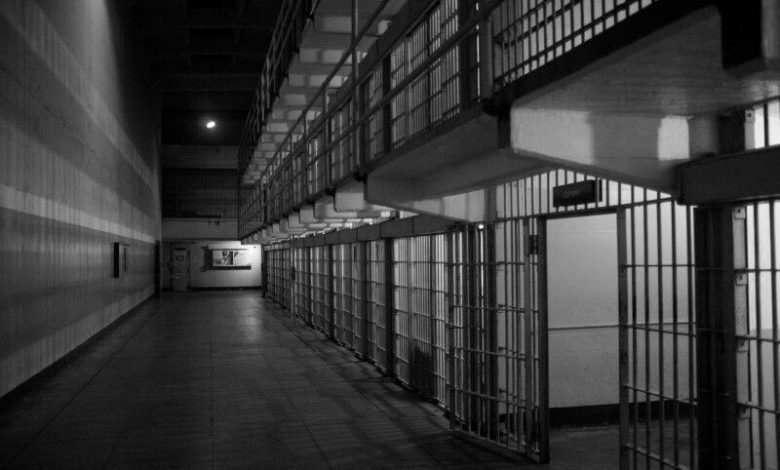Greater than 70 in line with cent of B.C. inmates with substance significance issues are reincarcerated: SFU learn about

Former prisoners with substance significance and co-occurring issues are at an alarmingly prime possibility of reincarceration, consistent with a pristine Simon Fraser College-led learn about.
The learn about discovered that 72 in line with cent of crowd with co-occurring psychological condition and substance significance issues, and 70 in line with cent of crowd with substance significance issues unwanted, returned to jail inside of 3 years of let fall.
“Our findings highlight the urgency for correctional, health, and social services to work synergistically to reduce reincarceration and other adverse outcomes, particularly among people with substance use and co-occurring disorders,” says SFU criminologist Amanda Butler, supremacy writer of the record.
Butler’s analysis, printed within the magazine Prison Justice and Conduct , tested the have an effect on of psychological condition and substance significance wishes on reincarceration the use of a population-based pattern that accounted for all 13,109 adults exempted from B.C. provincial correctional amenities to the crowd between October 1, 2012, and September 30, 2014.
Reincarceration charges for crowd with substance significance or co-occurring issues had been a lot upper in comparison to crowd and not using a reported condition (49 in line with cent) and psychological sickness simplest (54 in line with cent). Now not simplest had been crowd with substance significance and co-occurring issues much more likely to be reincarcerated, however additionally they spent fewer days within the crowd earlier than being reincarcerated.
Butler says psychological condition and substance significance issues intersect with many alternative socioeconomic wishes (equivalent to low schooling, unemployment, mad housing and a deficit of social backup) that may exacerbate the chance of reincarceration.
“Despite the high prevalence of mental health and substance use-related needs in this setting, disorders are frequently undertreated among people who experience incarceration,” says Butler.
Butler’s findings counsel that substance significance issues are the only most powerful predictor of reincarceration and problem the belief that non-substance homogeneous psychological issues reason legal behaviour.
“Now more than ever, it is crucial for correctional, health, and social services to come together and ensure that people are accessing timely, appropriate, and evidence-based care,” Butler says. “Ensuring that people have their basic needs met, such as housing and income support, is central to reducing reincarceration.”




